Ganga signifies not just a mere stream of water but it stands for the numerous streams of Indian culture, the evolution and the eternal continuity of Indian civilization and the power to redeem the fallen. The visible Ganga is a flow of water, from the point of view of faith and philosophy she is the Goddess Makarasanastha, and at the transcendental level she is considered to be Saccidananda-svarupa Brahmadravarupini. Ganga Lahari is the most known poem in praise of Ganga. Panditraj Jagannath, displaying his immense scholarship and mastery of Sanskrit, wrote this stotra, presented here is Sanskrit, English and Hindi, which has become a symbol of the love of Indian culture for this river-goddess.
ABOUT THE AUTHOR Panditaraja Jaganatha
Panditraja Jagannatha Panditraj Jagannath was a great Sanskrit scholar and critic. He was born in South India in a Tailang Brahmin family. His parents were Peru Bhatt and Lakshmi Devi. After the completion of his studies he came to Delhi to get some stipend and went to the court of the then Mughal Emperor Shahjahan (r. 1628-1658) but failed to draw his attention. While going back rejected, he composed a verse. 'Either the Lord of Delhi (i.e. Shahjahan) or God can alone fulfill the needs of a human being. The help extended by any other king will get exhausted in buying victuals." When the courtiers drew the emperor's attention to this verse he was very pleased. He not only rewarded the poet, but also adorned him with the honorific title of 'Panditraja' ('King of pandit') and requested him to teach Sanskrit to his son Darashikoh. The entire span of Panditraj's youth was thus spent in the company of the emperor, as he himself acknowledged in his verses. He was one of the very close associates of Shahjahan and used to play chess with him.

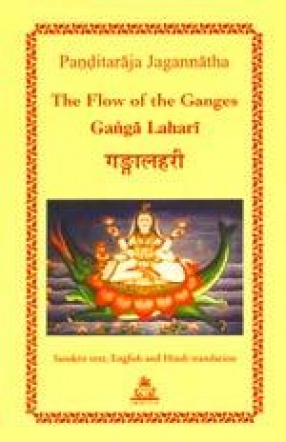
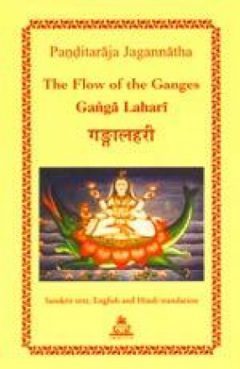
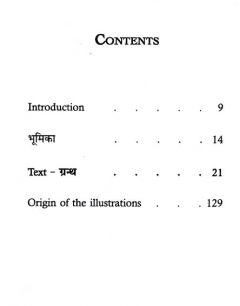
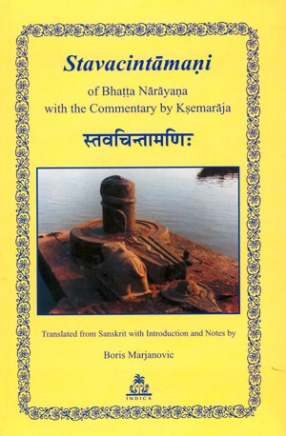

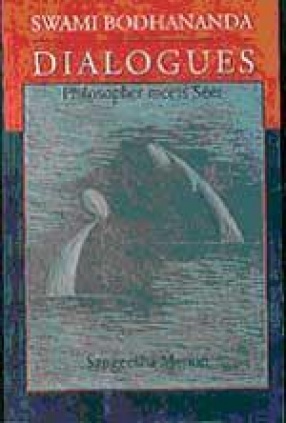

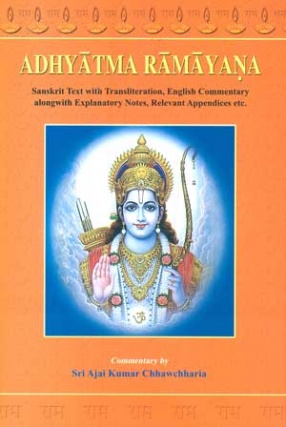
There are no reviews yet.